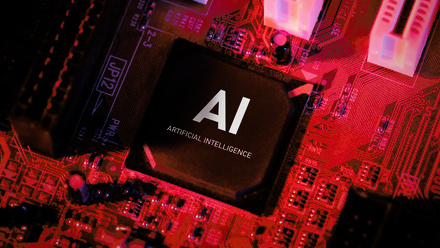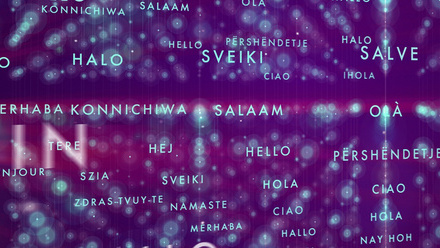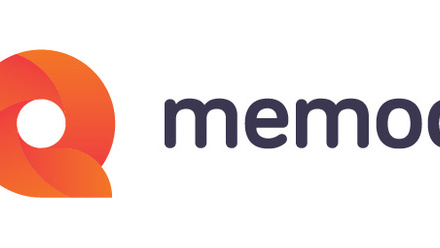Future proofing the profession: Inside the pioneering Translation and AI course
In response to these developments, Institute of Translation and Interpreting (ITI) partnered with the Centre for Translation Studies (CTS) at the University of Surrey to create the ‘Translation and AI’ course. Launched in 2024, this course equips professional translators with both the practical tools and the critical awareness needed to engage confidently and responsibly with AI technologies.
"This course has been thought-provoking and gives me a fresh perspective on my profession in a world buzzing with AI."
Course at a glance
The ‘Translation and AI’ course is a ten-session online programme delivered by CTS at the University of Surrey. The course offers a comprehensive introduction to the fundamentals of AI and its growing influence on the translation profession.
Through a mix of academic insight and practical application, the course enables participants to explore how AI is reshaping translation workflows and to critically engage with the tools, technologies, and trends defining the industry’s future.
The programme is structured around five core modules:
- Introduction to AI and Large Language Models (LLMs)
- Managing AI Risks in Translation
- Creativity and AI
- Neural Machine Translation (NMT)
- The Impact of AI on the Translation Profession
Each live session blends theoretical knowledge and academic insight with real-world examples and interactive discussion. Participants benefit from access to recorded sessions, supplementary resources, and discussion forums to support flexible and continued learning. At the end of the course, participants can complete a reflective assignment and receive individual feedback from tutors, adding personalised value to their professional development.
Bridging research and practice
Developed and delivered by lecturers at CTS, a global leader in translation technology, and supported by ITI, the course offers a unique blend of theoretical insight, practical tools, and critical reflection.
Participants benefit from a range of distinctive features:
- Live demonstrations of cutting-edge tools, including ChatGPT and neural machine translation (NMT) engines
- Critical discussion of AI’s limitations, risks, and ethical challenges, enabling informed and responsible use
- Strategic guidance on adapting business models and communicating the use of AI to clients
- Collaborative learning and reflective tasks, culminating in a final project with personalised tutor feedback.
Importantly, the course goes beyond tool training. It encourages translators to rethink their role in a rapidly evolving industry, one where human expertise and AI are not in conflict, but increasingly interdependent.
Continually refining the course based on participant feedback, ITI and CTS have developed a programme that is both timely and transformative.
For language professionals seeking not only to adapt but to lead in an AI-driven landscape, The ‘Translation and AI’ course offers more than just training. It represents a strategic investment in the future of their careers, empowering translators to navigate change with confidence, insight, and purpose.
Course success
With four successful cohorts completed, this course has reached over 180 language professionals from a wide range of backgrounds, from newly qualified translators to experienced practioners and academics. Its global reach is evident, with participants joining from over 34 countries, reflecting the strong international demand for AI-focused training in the translation field.
Extensive feedback gathered across cohorts highlights high levels of satisfaction and engagement:
- Participants consistently reported a strong likelihood of recommending the course to their peers
- The course was described as “thought-provoking and insightful”, offering valuable perspectives on AI’s current and future rule in translation
- The academic, research-based approach was praised for its depth, neutrality, and relevance to professional practice
- The breadth of topics, spanning technical content, ethical implications, and industry impact was particularly well received.
- Tutors were frequently commended for their clarity, preparation, and subject matter expertise.
The following participant testimonials speak to the course’s lasting impact:
- "Highly stimulating and excellently managed."
- "I was impressed by the professors’ knowledge of the topic."
- "One of the best courses I have attended; it offers both practical and theoretical insights."
The course also earned praise for its professional delivery and supportive environment, with participants acknowledging the responsiveness when communicating with ITI and CTS teams and the overall quality of teaching.
Many valued the critical lens the course provided, noting that it encouraged thoughtful evaluation of AI tools rather than passive acceptance. Overall, participants described the course as a solid foundation for understanding and adapting to the evolving role of AI in the language services industry.
Collaboration and the future
The ‘Translation and AI’ course has proven to be both an educational success and a commercially sustainable, collaborative initiative between ITI and CTS.
Since its launch, 187 participants have attended the course, including 124 ITI members and 63 non-members, from across 34 countries, demonstrating the course’s global relevance and reach.
The collaboration operates seamlessly across two areas of responsibility:
- ITI manages course bookings, administration, and promotion including marketing to its international membership and wider LinkedIn audience. ITI also collates participant feedback and distributes CPD certificates, aiding the smooth delivery of the course from start to finish.
- CTS is responsible for developing the course content, delivering the live sessions, providing technical support and expert tuition. Tutors also offer individual feedback on the final assignment, adding personal value to the learning experience.
All sessions are recorded, allowing participants to revisit material or catch up at their convenience, an important feature that supports flexible learning.
"This course turned my apprehension about AI into curiosity and clarity. I now feel equipped to make smarter decisions in my workflow."
Building on this success of this course, ITI and CTS have recently launched the ‘Interpreting and AI’ course, an adapted version aimed at practising interpreters, and are engaging in open talks about how to continue to work together in the future.
This ongoing collaboration stands as a model for high-impact, globally relevant professional training, combining academic rigour with practical application, and positioning ITI and CTS as leaders in shaping the future of language services in the age of AI.








